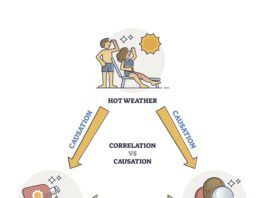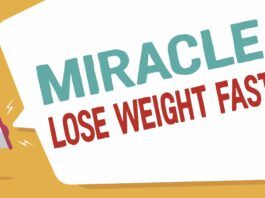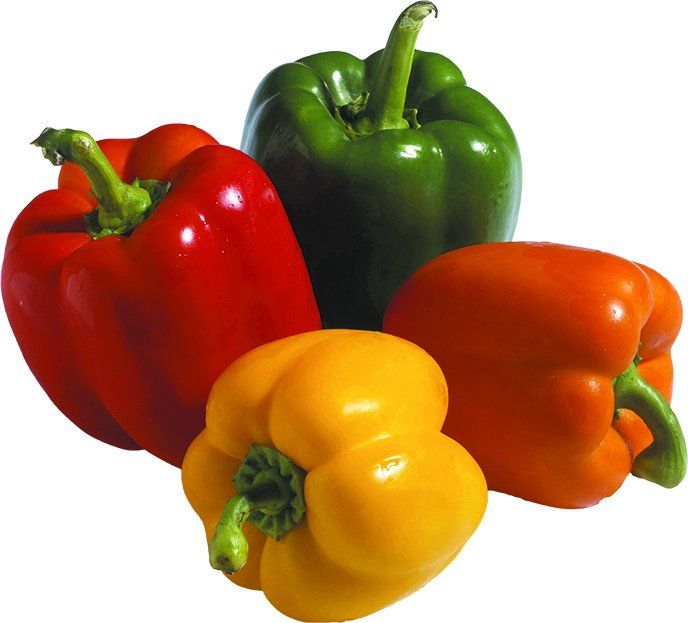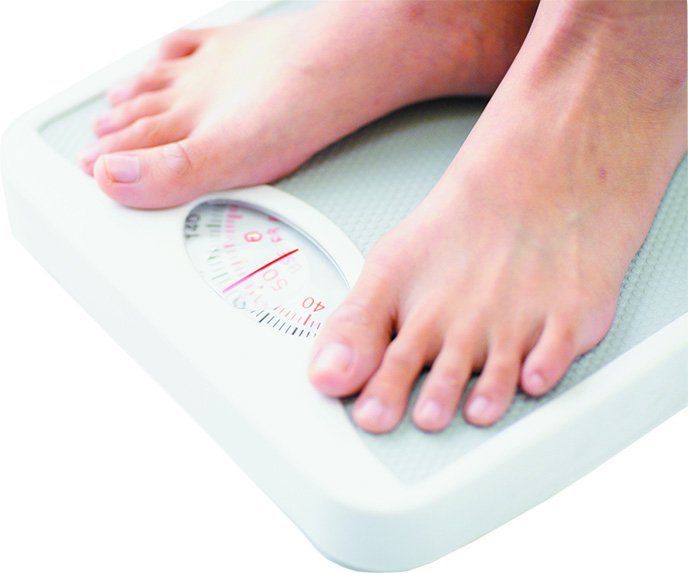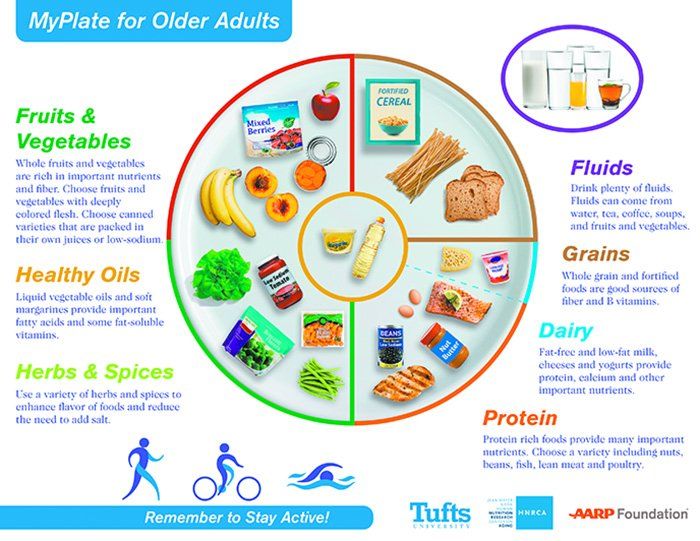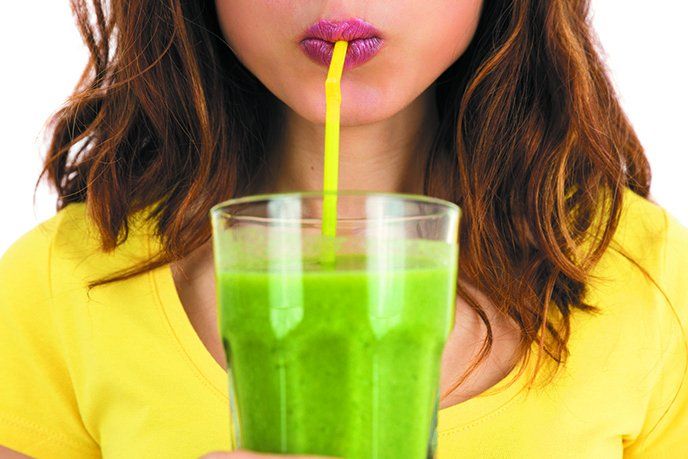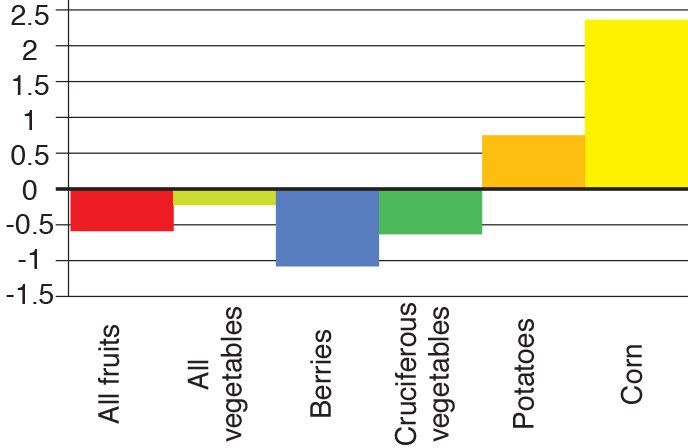Green Tea Extract Fails to Fight Fat or Boost Bones
Don't count on green-tea pills to help you lose weight or keep your bones strong. A new clinical trial testing year-long supplementation of green-tea extract reports no difference between the pills and placebo in changes in body mass index, total fat mass or percentage of body fat, or bone-mineral density.
Colorful Produce Could Help Counter “Middle-Age Spread”
Substituting colorful fruits and vegetables such as berries, peaches and peppers into your diet could help combat the gradual weight gain with age sometimes referred to as "middle-age spread." A large new study, published in BMJ, links greater consumption of foods high in plant pigments called flavonoids to less weight gain over time.
Shedding a Few Pounds May Reduce Arthritis Risk
Losing even a modest amount of weight could reduce your risk of osteoarthritis, a new Dutch study suggests. Researchers followed 353 overweight and obese women, average age 56, for two and a half years.
Weight Loss Can Improve Lipid Levels
Losing weight can improve your cholesterol and triglyceride levels as well as your waistline, according to a major new intervention study. The study found similar weight loss amounts could be achieved by lower-fat or lower-carbohydrate diets, whether the lower-carb diet was rich in walnuts or in monounsaturated fat (as in canola or olive oils).
Updated Nutrition for Older Adults
If you've got your AARP card but you're still eating the way you did in your 20s, it's time for your diet to act your age. While most nutritional guidance is "ageless," you do need to make some adjustments to fit the changing needs of your aging body.
Obesity Rates Growing Again
Has the obesity epidemic finally plateaued? Fat chance, says a new report from the Centers for Disease Control and Prevention, based on 2013-2014 national nutrition survey data.
Do You Really Need to “Detox”?
While theres something to be said for clean eating, the "detox" fad needs a reality check. "First, your body already has a highly effective system for removing toxins, principally the liver and kidneys," explains Irwin H. Rosenberg, MD, University Professor of Medicine and Nutrition at Tufts. "Second, diets and products that claim to detox the body do not identify what supposed toxins are being targeted."
Less-Regulated Supplements Send 23,000 to ER Annually
Products sold as "dietary supplements" lead to about 23,000 emergency-room visits and more than 2,100 hospital admissions every year, a new government report estimates.
Convenient Calories Linked to Extra Weight
That old joke about being on the "See-Food Diet" ("I see food… and I eat it") is no laughing matter, according to new research at Cornell University. Brian Wansink, PhD, and colleagues studied 210 kitchens and the women who use them.
Fruits and Vegetables Linked to Better Weight Control
You already know that fruits and vegetables are good for you - but did you know they might also be good for avoiding extra weight as you age? A new study analyzing data on 133,468 men and women over up to 24 years reports that eating more fruits and non-starchy vegetables is associated with modest weight loss.























